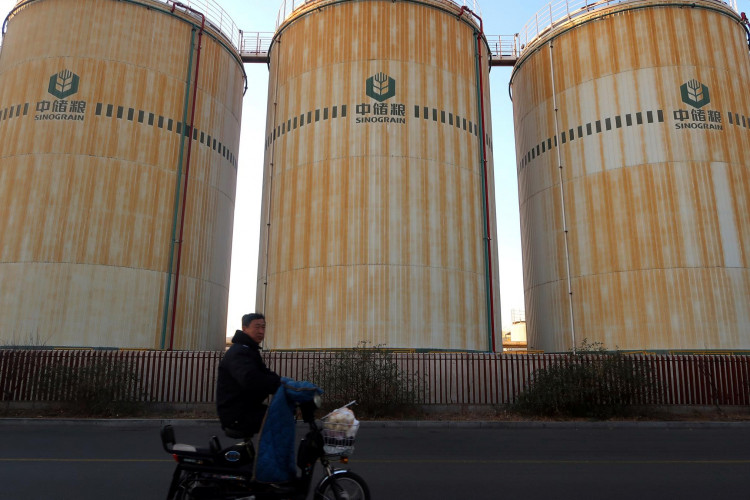China said it would not jack up its grain import quotas to meet U.S. demands, a key member of Beijing's negotiating team said, with analysts suggesting that this makes buying the required amount of American farm goods "more difficult."
The US claimed that China would buy an additional US$ 80 billion in U.S. agricultural goods over two years as part of the deal, likely to be signed on January 15.
Nonetheless, China has not yet confirmed the numbers, only saying that it would import those with "good quality on the market."
Despite opening up the soybean market to the rest of the world, China continues to use a tariff quota system for rice, wheat and maize, the staple grains in the most populous country in the world.
The import quota is a limit for the nation, said Han Jun, Deputy Minister of Agriculture and Rural Affairs. "We are not going to adjust it for a specific country," he said.
While these crops were never likely to form the main bulk of the trade deal, a refusal to lift the import quota would make the arrangement more difficult to reach, and risk angering the US, which has long railed against China's import limitations.
According to a document released by the National Development and Reform Commission, the country's top economic planning agency, the import tariff quota for maize will be 7.20 million tons in 2020, and those for wheat and rice will be 9.636 and 5.32 million tons, respectively.
In 2017, China imported only US$900 million worth of corn, with only US$200 million being sourced from the US. The country imported US$1.3 billion in wheat in the same period, with US$500 million from the US.
For some years now, China has fallen heavily short of its import quotas required by the World Trade Organization. "This suggests ample room for increasing US grain purchases to meet those quotas," said Rob Hatchett, senior economist at Doane Advisory Services, a Missouri-based agricultural intelligence firm.
Hatchett, along with other analysts, assumed how agricultural products could reach a US$ 40 billion-plus figure. These market observers postulate that this would include ethanol and other items that may not fall under general agricultural product labels.
The reluctance of the Chinese to open its grain market to foreign traders comes from lingering food security worries. Chinese leader Xi Jinping said in September 2018 that China's "rice bowl must be firmly captured in the hands of the Chinese people" - a statement commonly used as a description of the country's agricultural policy across multiple areas of trade talks with the US.






